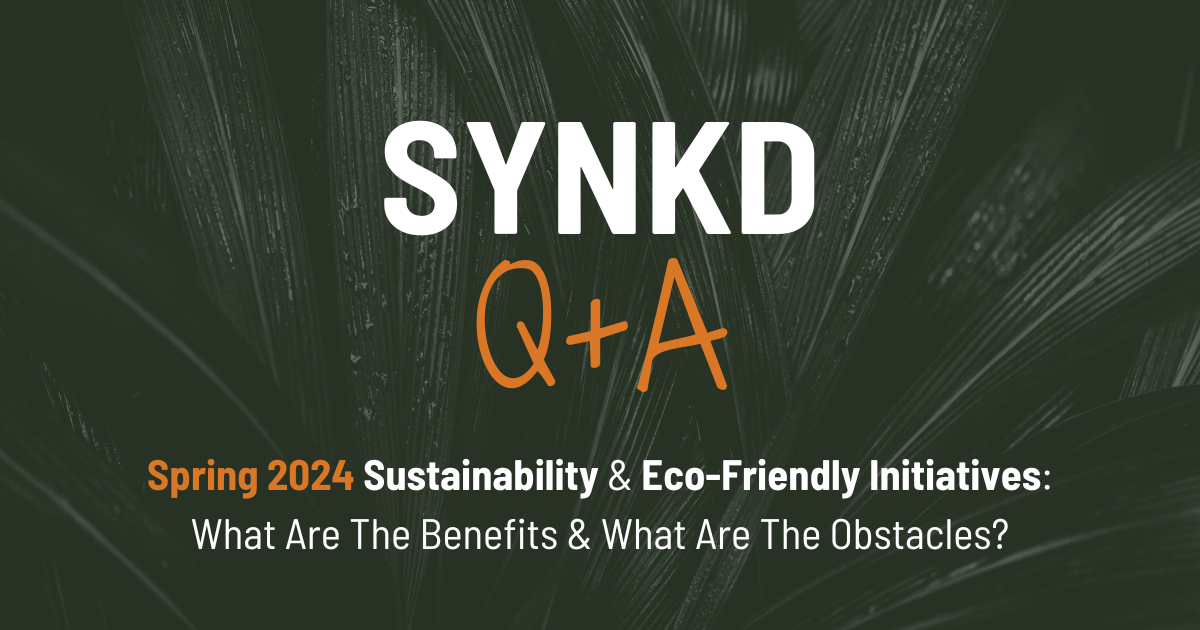Get To Know These Industry Professionals
Angelica Negrete Founder & Owner,Royal Gardens Landscaping and Design Plantation, FL 1. What’s the best part of your job?

 Brendan Butler
Brendan Butler
Owner,
Brendan Butler Landscape Design
Atlanta, Georgia
"Implementation of legislation, requiring specific stormwater management systems on new construction homes, has been very beneficial to our company. We collect and capture stormwater and direct it into systems that then put the water back into the ground and back into the water table. This saves municipalities from processing and cleaning all the stormwater previously dumped onto the street and increased water in the ground. These processes have helped many businesses like mine and have proven to be a profitable component of our installation service."
 Lori Hawkins
Lori Hawkins
Principal,
Hawkins Landscape Architecture
Jamestown, North Carolina
"I have tried to steer my customer base away from traditional lawn environments that need exceptional water and fertilizer requirements. This ‘lush green lawn’ mindset is so pervasive in my area of the country and has made the argument difficult. Even trying to educate them in the beauty of natural and native grasses and perennials in lieu of their perfect striped lawn has been quite a challenge. I have been keeping articles and pictures of beautiful natural yards without grass to show to customers in these instances. It has helped somewhat."

Michael Bernier
Owner,
Michael Bernier Design
Los Angeles, California
"Living and working in southern California, we are used to less precipitation than other areas of the U.S., and we need to be mindful of the hardscapes designed and plants specified for our projects. Designing with permeable hardscapes and drought-tolerant or native plants is the cornerstone of every project we take on, and that aspect of sustainability is synonymous with our brand."

Robert Groff
Chief Vision Officer & President,
Groff Landscape Design
Arlington, Virginia
"They separated us from the competition. I say that from both a client-facing and recruiting standpoint."
 Justin Snodgrass
Justin Snodgrass
Landscape Designer,
Dennis’ 7 Dees Landscaping
Portland, Oregon
"Here in Portland, there are initiatives to outlaw gas motors on small equipment, and we are ahead of the curve. Where needed, we use propane motors and battery-operated tools. Not only does this follow local regulations, but it also helps with pollution and noise pollution, which tends to upset people nearby when gas is used on their property. Our interior design department creates green walls and live interior plantings for offices and homes to help with air quality, in addition to people’s health and attitudes. We also design bioswales and drainage systems that keep water onsite and catch water for future watering needs. As a company, we try to be ahead of trends that contribute to the well-being of our properties and the future of the environment."

Matthew Green
CEO,
Blue Duck Lawn Care
Indianapolis, Indiana
"In the state of Indiana, the few people who have crafted the law regarding pesticides are trying to make it easier to get into the fertilization business. You can become a lawn care technician and never pass any tests or anything to prove that you know the different chemicals, how to apply the chemicals, mix rates, etc. New people are sleeping through the class and still graduating essentially because there are now no standards and no tests that they have to abide by. I think it’s a horrible mark on the industry. It’s going to water the industry down and, ultimately, it’s going to cause massive environmental problems."

Jarret Herold
Co-Founder &COO,
Electric Sheep
San Francisco, California
"Mindset has been an obstacle, but we are turning the page. Before Electric Sheep began, my partner and I started this discussion, looking for a way to bring more efficiency to the lawn care industry, looking for a way to be kinder to our environment and to take care of the green spaces that mean so much to us. We don’t need an F250, a huge trailer and giant diesel mowers when the goal is to take care of the environment. This is the result of the pressures on businesses to squeeze out efficiencies in pursuit of being the low-bid in a highly competitive industry. Automation allows you to rethink how you’re planning work. Instead of trying to do everything all in a few hours, maybe you could have a few robots complete a task over the course of the day. Rethinking the relationship between labor and equipment, through automation, will be such a fundamental shift that will completely change the look of businesses, the services and the roles and workflows that are used to get it done. This won’t happen all at once, but AI will surely accelerate this transition and you don’t want to be caught off guard by that—you want to be in the driver’s seat within your own business."

Angelica Negrete Founder & Owner,Royal Gardens Landscaping and Design Plantation, FL 1. What’s the best part of your job?

Deborah Cole Asks Why the Landscaping Industry is Slow to Incorporate Technology